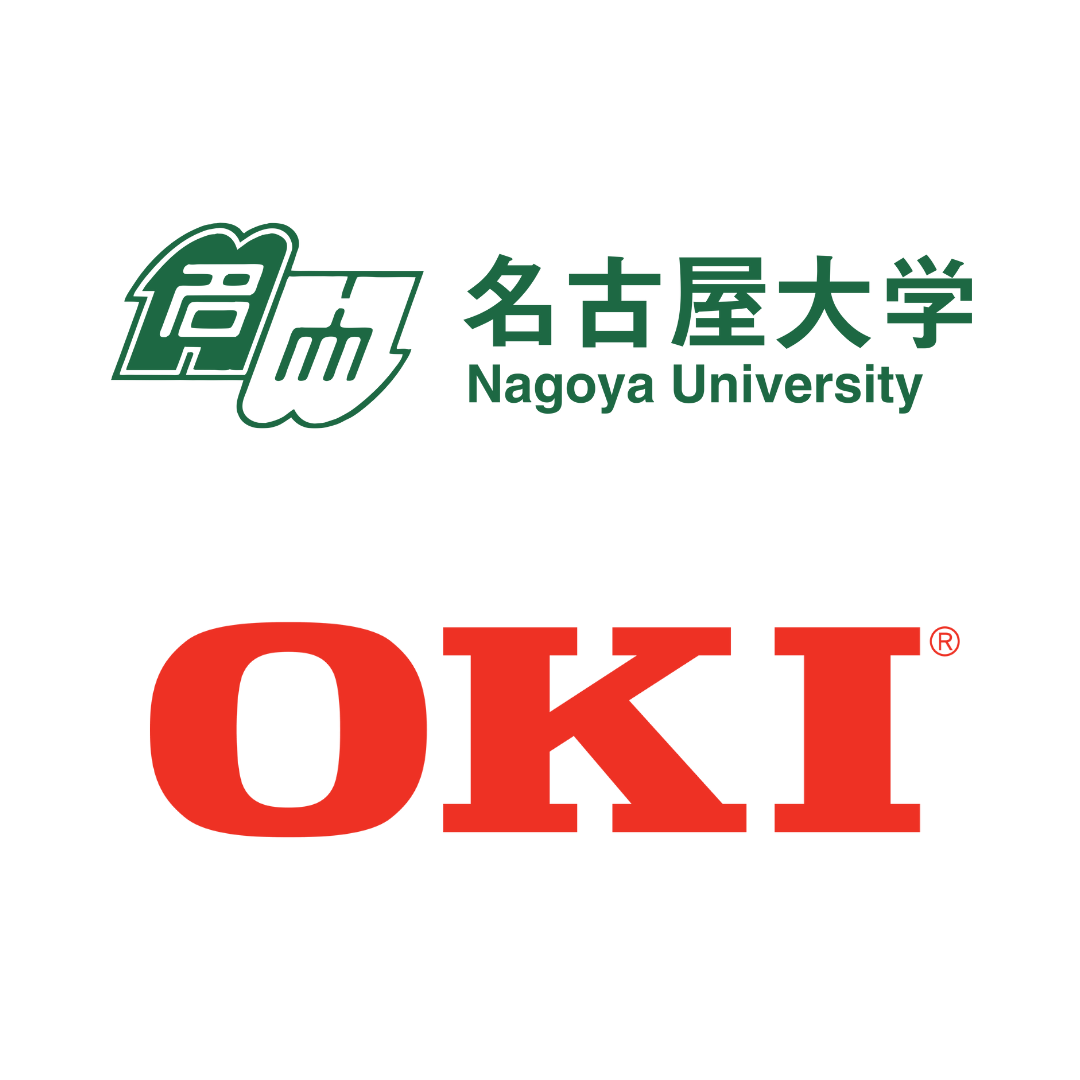Academic Collaboration

Networking & Management
Edge compute infrastructure is an essential part of any network. Existing approaches that manage such infrastructure are complex and do not scale. They rely on centralized system administration tools and clumsy programming models; often times, they make use of ineffective and ossified transport protocols.
Managing edge compute resources should be easier and more robust. In this collaboration with the University of Glasgow, we are developing scalable, asynchronous, distributed programming models for edge computation, state synchronization, and node management. We aim to improve network transport protocols and their APIs for an effective use of network resources. By leveraging these innovations, we will prototype next generation edge management tools to simplify the operation of large-scale edge compute infrastructure, as found in 5G networks.

Capacity Coverage Optimization
The Rakuten Mobile Innovation Studio initiated a project with the Tokyo Institute of Technology, Japan in July of 2009. The project investigates efficient intercell interference coordination of densely deployed small cell wireless networks by applying deep (reinforcement) learning to jointly control transmitted beam and transmitted power levels to increase system capacity. The project is supervised by Dr. Kazuhiko Fukawa (Department of Information and Communications Engineering) and Dr. Shuang Chang (Department of Computer Science).

Visiting Scholar at the University of Technology Sydney (UTS)
We currently have a visiting scholar, Dr. Saber Jafarizadeh, at UTS. He is exploring the application of machine learning techniques in tuning antenna parameters.

Systems & Intelligence
Edge computing is the next Internet frontier that will deliver highly responsive applications that span across the cloud and the edge of the network to billions of end-users and their devices.
In this collaboration with Queen’s University Belfast, we are setting up an Edge Computing Hub in the UK to research approaches for tackling systems and people-centric challenges in designing and deploying massively distributed systems, comprising of the cloud and the edge and applications that interact with millions of users. Intelligence will be embedded in multiple tiers of such systems to achieve automated decision-making for enhancing performance and efficiency while respecting user-privacy.

Evolutionary Control
The collaboration aims to develop techniques to support the dynamic configuration of a mobile network control system; this is in response to changing goals and objectives to ensure that the service remains fit for purpose, is robust to failures, and meets its requirements. The goal of the collaboration is to investigate, build, and evaluate approaches for the construction of such a flexible autonomous system through a hierarchy of independent components powered by evolutionary algorithms.
Industry Collaboration

Telecommunication networks sit at the heart of modern day life. Networks are now used in novel ways, changing telco’s business and operating model. Digital transformation is being embraced and software-driven operations has become an absolute necessity, making widespread automation a new reality. But beyond automation is autonomy, where Rakuten Mobile envisioned that the future networks will be autonomous networks.
The Rakuten Mobile Innovation Studio is collaborating with various stakeholders across industry, academia, SDOs, and state members to form a Focus Group on Autonomous Networking in ITU-T. This focus group will provide an open collaborative platform to study and advance approaches to achieve autonomous networking. The focus will produce possible technical specifications that will help to share the future standardization of Autonomous Networking, ensuring synergized efforts and accelerating adoption.

Rakuten Mobile, Inc., Nagoya University and Oki Electric Industry Co., Ltd. (OKI) are collaborating on research and development (R&D) into autonomous networks to enable autonomous mobile services under the “Beyond 5G R&D Promotion Project”. This project is held jointly with Japan's Ministry of Internal Affairs and Communication (MIC) and the National Institute of Information and Communications Technology (NICT).
The research consortium will carry out joint R&D on autonomous network key technologies, enabling networks to autonomously respond to communications service requests and coordinate various services while operating stably.

